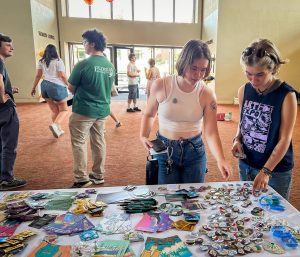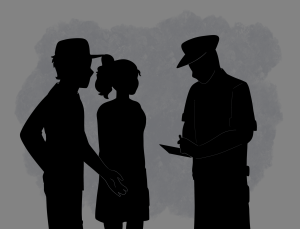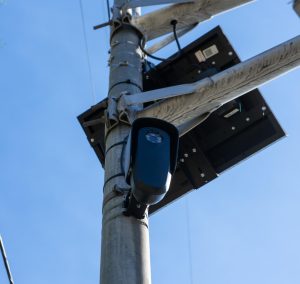New endowed chair in computer science expands department
April 7, 2022
In honor of President Kathy Murray’s retirement, the computer science (CS) department received a $2 million donation from Christina and Peter Dawson, parents of Adam Dawson ’16, that will create and fund a new endowed Kathleen M. Murray Chair. This donation will add a new permanent professor position, allowing the department to expand.
“I am deeply honored that Christina and Peter have seen fit to mark my retirement by helping us grow the faculty in a high-demand area of our academic program… I can think of no more meaningful tribute to my years at Whitman than this wonderful investment in its future,” Murray said in the announcement.
The computer science department, established in 2015 and approved as a major in 2016, has been rapidly expanding. From the first two graduates in 2018 to about 20 graduates in 2022, the department now has a total of around 50 declared majors across all class years and continues to grow. The department also had three tenured or tenure-track professors and one visiting professor.
Associate Professor of Computer Science William Bares expressed his gratitude for the donation and said he is excited for the department to expand and better support its students.
“This is a wonderful show of support that we’re very grateful for. It will allow our department to serve our majors better by being able to offer more elective courses in the area of expertise of any new person who joins the department,” said Bares.
In May 2021, Professor Janet Davis pitched an expansion of the computer science department to potential donors, highlighting the growth of the department and faculty workload. The expansion would alleviate advising pressures, resolve long waitlists, expand elective offerings and increase access to the CS and data science minors.
“The new endowed chair will support the current expansion of the CS faculty… Going from three regular faculty to five will give CS majors more choices for their advisors and more opportunities for independent studies and student-faculty research projects,” said Davis. “Moreover, by increasing the total number of course sections in computer science, we hope to make more space in upper-level courses for CS minors and other interested students.”
Junior math and computer science double major Chris Snook was not surprised to hear about the gift given his experiences in the department.
“In my mind, it was obvious that the CS department is expanding because there are a lot of students in the department. Most of my CS classes are pretty large, especially all of the required classes for the major. Most of them have about 20 students, even the 200 and 300 level classes,” Snook said. “So, it makes sense that there are more funds being directed towards CS faculty and supporting computer science students.”
“Computer science is a nationally in-demand field,” said Bares. “Computer science departments around the country have generally been growing and have been having to hire new faculty to keep up with student demand. [At Whitman] the department has grown rapidly since it was formed.”
As Whitman’s newest department, CS faculty are also doing the work of designing and establishing the major as a whole, Snook said.
“In addition to teaching all the classes, a lot of the professors spend a lot of time doing things like establishing new labs and coming up with course ideas,” Snook said. “A lot of the classes I’ll take in math because I’m also a math major, I can tell that this class has been taught the same way for the last thirty years. But in one of the classes I’m taking right now, Simulation Methods, it’s entirely taught and developed by my CS professor and it has relevance to the research that he is doing.”
Currently, the department is searching for two new tenure-track assistant professors. The goal is to have one professor to deepen computer science expertise and another to extend into interdisciplinary areas.
“With our two new hires, we hope to expand elective offerings in computer science, support the recently created data science minor and contribute significantly to a new academic program in human-centered design that is currently being developed,” said Davis. “Beyond that, who knows? A lot will depend on whether student demand for computer science courses continues to grow.”






